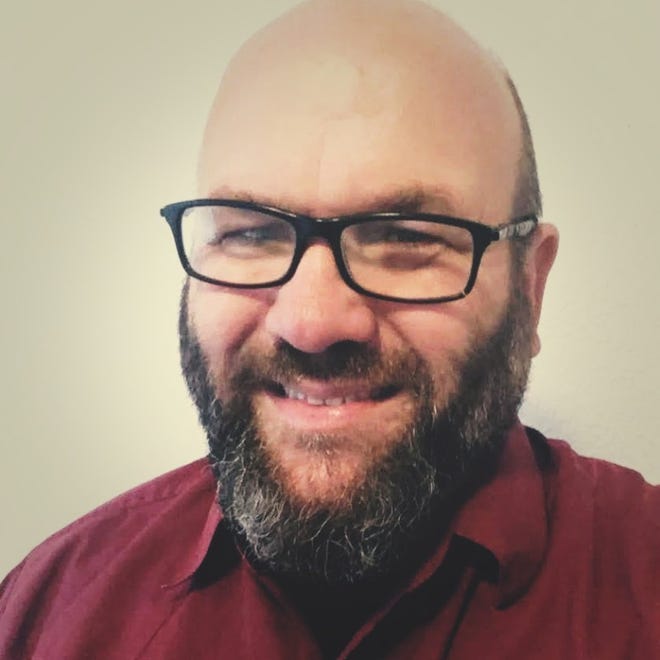As foster parents licensed by Florida’s Department of Children and Families, my wife and I are directly responsible for meeting critical day-to-day needs of the children in our home. Whether it is getting a child to necessary medical or therapeutic specialists, finding the most appropriate school, or advocating for educational supports.
We often feel alone and overwhelmed in our responsibility. We are frustrated because it doesn’t have to be this way.
In the majority of other states, children in foster care are appointed attorneys to hold the state accountable for its duties to the child, to center the child and the child’s needs in court, amplify their voice, provide legal advice to them, and advocate for their interests in the hearings that so deeply impact their lives.
In Florida, only certain children are appointed attorneys. The Florida Legislature’s 2023 budget, House Bill 5001, included funding for a pilot project in Palm Beach and Broward counties that could test this approach to holding the child welfare system accountable to the children it serves and improving outcomes. Unfortunately, Gov. DeSantis bulldozed an opportunity to protect foster youth’s legal rights and amplify their voices with his line-item veto of the project.
The Child Representation Pilot Project would have provided each child in foster care with an attorney to directly represent their interests. The pilot project allows small-scale implementation and examination of this nationally-recognized best practice, that is supported by empirical research and already mandated in 36 states.
Child protection court hearings are complex and involve a confusing array of players. There are social workers, parents, and Guardians ad litem present, each with distinct interests in the outcome of the case and their own legal representation. Only the child at the center of the legal proceeding is unrepresented by an attorney.
There is a common misunderstanding that Guardians ad Litem (GALs) provide legal representation to children in foster care. GALs are community volunteers trained and supervised to ascertain and make recommendations to the court regarding the child’s best interest.
GALs work with staff supervisors and program attorneys in their role. While the volunteers should know the most about the children, they do not have a direct say in court. The GAL Program attorneys represent the Florida Guardian ad Litem Program which decides what will be presented in court hearings. If the GAL Program disagrees with the volunteer, only the program’s position is represented.
I know first-hand the complex needs and issues facing the foster children in my home. As a foster parent I am not a party to the case. My own advocacy has limits that an attorney for the child does not.
Gov. DeSantis is a strong advocate for the idea that the power of government should be checked against the rights of individuals. I hope that in the future both the governor and the Florida Legislature will work toward making sure that each child has their own lawyer to balance the interests of agencies already in the courtroom.

Christopher Fellerhoff is a transportation planner in Tampa and a longtime foster parent in Hillsborough County.
TALLAHASSEE DEMOCRAT

